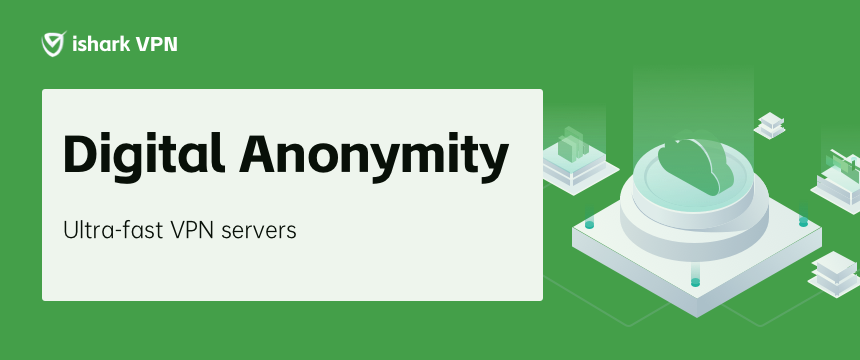How VPN Protects Personal Privacy and its Working Principle
ishark blog article
In our interconnected digital age, concerns about personal privacy have escalated, underscoring the significance of Virtual Private Networks (VPN) as tools for safeguarding sensitive information.
This article aims to explore the vital role that VPN play in protecting individual privacy and the fundamental principles underpinning their operation.

Principles of VPN Privacy Protection
The proliferation of online data exchange has led to an increased need for privacy safeguards.
VPN offer a solution through their core principles of encrypting communication, masking actual IP addresses, and relaying traffic through secure channels.
By encrypting data, VPN make it incredibly challenging for unauthorized parties to intercept and decipher the transmitted information.
This masking of IP addresses ensures that users' true locations remain concealed, adding another layer of anonymity.
Risks of Public Wi-Fi Networks
The convenience of public Wi-Fi networks often belies the inherent security risks they carry.
Hackers and cybercriminals frequently target these networks to exploit vulnerable connections and access personal data.
Employing a VPN while using public Wi-Fi is paramount, as it encrypts data transmissions and secures them from prying eyes.
Preventing Tracking and Monitoring
Online tracking and monitoring have become pervasive, infringing upon individuals' digital privacy.
VPN counter this by disguising users' IP addresses and routing their traffic through remote servers.
This practice confounds attempts at tracking user activities, ensuring that online actions remain private and untraceable.
Data Encryption and Decryption Process
The fundamental principle of data encryption and decryption lies at the heart of VPN functionality.
When data is sent through a VPN, it's encrypted before leaving the user's device. The encrypted data travels through a secure tunnel to the VPN server, where it's decrypted and sent to its intended destination.
This process ensures that even if intercepted, the data remains incomprehensible to unauthorized parties.
Real-World Use Cases
VPN have proven their effectiveness in safeguarding personal privacy across various scenarios. They're particularly vital for individuals accessing restricted content or for those residing in regions with stringent internet censorship.
Additionally, VPN are favored by remote workers who need to maintain secure connections to their corporate networks while outside the office.

Conclusion
In an era characterized by digital interconnectedness, protecting personal privacy is imperative. VPN serve as vital tools for achieving this, operating on the principles of encrypting data, masking IP addresses, and rerouting traffic.
By using VPN, individuals can navigate the online landscape with enhanced privacy, thwarting tracking, and safeguarding their sensitive information.








